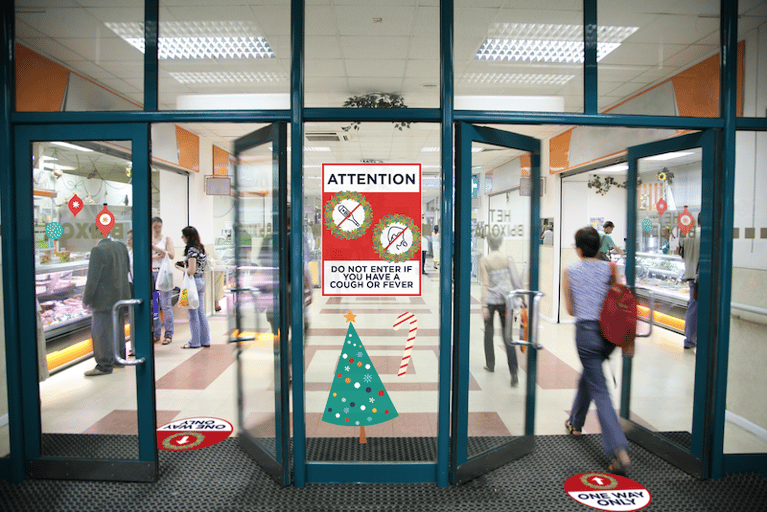Every machine or piece of equipment on a construction site will soon be connected to the internet. It’s very likely that even the clothing we wear on site – for safety or comfort – will also be connected.
These connections will not only help us understand and track things – which floor is the generator on, which trucks are on site and which ones are on the road, how much lumber or steel is in inventory – but such connections will also help us understand and track our activity.
By combining GPS data from an earthmover and the safety vests the crew is wearing, proximity limits or concerns can be issued to job site supervisors. In extreme cases, the data may even be used to automatically shut down a piece of equipment to prevent an accident. Time and motion studies will be simple and automatically generated. Maintenance or repair schedules will be generated on the fly. Productivity and efficiency will rise with simple analytical tools that compile and review the data generated by the “things” we use, wear, drive, install, remove, or build.
The pundits call this the “internet of things” or IoT, and it’s simply a way to describe how we interact and communicate with digital information that has been embedded into physical objects. But regardless of what it’s called, IoT is going to produce enormous changes on the construction site of the future.
Earlier this year, ARC conducted a survey in which respondents weighed in on the various benefits of the “big data” generated by IoT. Among the top benefits identified were the improvement of onsite and offsite equipment management, and pinpointing reasons or indicators of project delays. Top three benefits mentioned were:
- Improving onsite and offsite equipment management (68.8%)
- Pinpointing the reasons behind a delay (50%)
- Giving clear indicators of a project delay (31.3%)
All by themselves these few benefits will significantly enhance project productivity, but it’s not hard to see that we’re just scratching the surface of the potential of the IoT on the job site.
Imagine the job site of the future with this list from technology integrator WhiteLight Group.
- Equipment Monitoring and Repair – Equipment repairs are one of the largest operating costs in the construction industry. With the advanced sensors available now, machinery can self-detect the impending need for a repair before it becomes a larger issue.
- Equipment Inspection – Lost/late forms, low accuracy and undue internal processing time are no longer an issue with electronic processes.
- Inventory Management and Ordering – Downtime caused by low supply stock or personnel wasting time on site is another major drain on construction companies. With an IoT solution, site managers will be alerted when resources are getting low and support is needed.
- Energy Conservation – Implementing a sensor system that monitors the lighting on a site reduces wasted energy costs construction companies regularly incur. Temperature monitoring can also conserve energy for indoor construction. Eliminating paper processing also saves on printing and contributes to tree conservation.
- GPS Tracking – With advanced tagging and tracking of materials and trucks, technology can vastly reduce the cost incurred by businesses for lost or misrouted items. Monitoring a truck driver’s activity enables accurate time logging and safer driving.
- Electronic Time Logging – Electronic time logs are much more difficult to falsify, especially when connected to a GPS tracking device.
- Wearables – A truck driver can be required to wear a “wearable”, which may come in the form of an activity band. Drivers and management can be alerted if a driver is falling asleep/falls asleep. Construction workers on-site can wear a helmet and vest with RFID, vitals monitoring, GPS sensors, motion sensors, etc.
As technology developers, we play close attention to the productivity and efficiency our products and services can generate on the job site, but we also realize that when combined with other technology – on a backhoe, in a hardhat, or on a handheld power tool – the process of construction can be safer, faster and better managed.
What can you imagine? Please let us know about your experience and plans for the internet of things, and write us at mkt-info@e-arc.com.





